#watercar usa
Explore tagged Tumblr posts
Text
Why should you buy a jetcar from Excellent Yachting Antalya Turkey
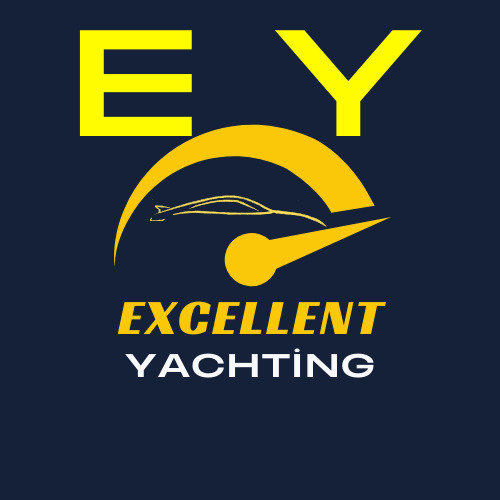
Boat Engines Unleashed: Unlocking the Power Behind Your Vessel
Boat Engines Unleashed: Unlocking the Power Behind Your Vessel
When it comes to maximizing the performance of your vessel, understanding the different types of boat engines and their capabilities is essential. Boat engines are the heart and soul of any watercraft, providing the power and propulsion needed to navigate the open waters. From speedboats to yachts, each type of boat requires a specific engine to ensure optimal performance.
There are several factors to consider when choosing the right engine for your boat. Horsepower plays a crucial role in determining the speed and acceleration of your vessel. The higher the horsepower, the more power your boat engine can generate. Fuel efficiency is another important aspect to consider, as it directly impacts the cost of operating your boat. Opting for an engine with good fuel efficiency can save you money in the long run. Additionally, the type of engine, whether it's an outboard, inboard, or stern drive, will depend on the size and design of your boat.
Maintaining and caring for your boat engine is vital to ensure its optimal performance and longevity. Regular inspections and maintenance checks are essential to identify any potential issues before they become major problems. This includes checking the oil levels, inspecting the fuel system, and cleaning the engine components. Using the correct fuel and lubrication is also crucial to prevent damage and optimize the performance of your boat engine. It's important to follow the manufacturer's guidelines and recommendations for fuel and lubrication types.
When the boating season comes to an end, proper winterization and storage of your boat engine are crucial to protect it from harsh weather conditions. This includes draining the engine of any water, adding antifreeze, and storing it in a dry and secure location. By taking these steps, you can extend the lifespan of your boat engine and ensure it's ready for the next season.
Whether you're a seasoned boater or just starting out, troubleshooting and performing minor repairs on your boat engine is a valuable skill. Understanding common problems that may arise and knowing how to address them can save you time and money. From checking the spark plugs to cleaning the carburetor, being able to troubleshoot and perform basic repairs will keep your engine running smoothly.
If you're looking to enhance the power, efficiency, and overall performance of your boat engine, upgrading and customization options are available. Performance enhancements, such as modifications to increase horsepower, speed, and fuel efficiency, can take your boating experience to the next level. Additionally, personalization options allow you to customize the appearance of your boat engine, reflecting your unique style and personality.
Choosing the Right Engine
When it comes to choosing the right engine for your boat, there are several important factors to consider. One of the key considerations is horsepower. The horsepower of an engine determines the speed and power of your vessel. It's essential to choose an engine with enough horsepower to meet your needs. Whether you're looking for a high-speed performance or a more leisurely cruising experience, selecting the right horsepower is crucial.
Another factor to consider is fuel efficiency. Fuel costs can add up quickly, so it's important to choose an engine that is fuel efficient. Look for engines that are designed to maximize fuel efficiency, as this will not only save you money but also help reduce your environmental impact.
Engine type is also an important consideration. There are different types of boat engines available, including outboard, inboard, and sterndrive engines. Each type has its own advantages and disadvantages, so it's important to understand the differences and choose the one that best suits your needs. Outboard engines are typically more versatile and easier to maintain, while inboard engines offer better weight distribution and are often more fuel efficient.
Ultimately, the right engine for your boat will depend on your specific needs and preferences. Consider factors such as horsepower, fuel efficiency, and engine type to make an informed decision. By choosing the right engine, you can maximize the performance and enjoyment of your vessel.
Maintenance and Care
Maintenance and care are crucial aspects of ensuring the optimal performance and longevity of your boat engine. By following some essential tips, you can keep your engine running smoothly and avoid costly repairs or replacements.
Regular Inspections: Regular inspections are vital for identifying any potential issues before they escalate into major problems. Schedule routine inspections to check for leaks, corrosion, or any signs of wear and tear. Additionally, inspect the belts, hoses, and electrical connections to ensure they are in good condition.
Proper Fuel and Lubrication: Using the correct fuel and lubrication is of utmost importance to prevent damage and maximize your boat engine's performance. Consult the manufacturer's guidelines to determine the appropriate fuel type and octane rating for your engine. Additionally, use high-quality lubricants that are specifically designed for marine engines to ensure proper lubrication and reduce friction.
Winterization and Storage: When the boating season comes to an end, it is crucial to properly winterize and store your boat engine. This process involves draining the engine of any remaining water, adding antifreeze, and protecting it from freezing temperatures. Store your boat engine in a dry and secure location to shield it from harsh weather conditions and potential damage.
Troubleshooting and Repairs: Despite proper maintenance, issues may still arise with your boat engine. It is essential to troubleshoot and address these problems promptly. Familiarize yourself with the engine's manual and learn how to perform minor repairs, such as replacing spark plugs or cleaning filters. However, for complex issues, it is recommended to consult a professional mechanic.
By following these maintenance and care tips, you can ensure the longevity and optimal performance of your boat engine. Remember that regular inspections, proper fuel and lubrication, winterization, and addressing issues promptly are key to keeping your engine running smoothly for years to come.
Regular Inspections
Regular Inspections
Regular inspections and maintenance checks are crucial for the optimal performance and longevity of your boat engine. By conducting regular inspections, you can identify and address potential issues before they escalate into major problems that can be costly to repair.
During these inspections, it is important to examine various components of your boat engine, such as the fuel system, electrical connections, cooling system, and belts. Look for any signs of wear and tear, leaks, or loose connections. By catching these issues early on, you can prevent them from causing more significant damage or breakdowns while out on the water.
In addition to visual inspections, it is also essential to perform routine maintenance checks, including changing the oil, filters, and spark plugs. These maintenance tasks help ensure that your boat engine is operating at its best and can help prevent issues from arising in the first place.
Creating a checklist for your regular inspections can be helpful to ensure that you don't miss any important steps. Consider including tasks such as inspecting the propeller, checking the battery, and testing the ignition system. By following a comprehensive checklist, you can have peace of mind knowing that you have covered all the necessary areas.
Remember, regular inspections are not only about identifying problems but also about taking proactive measures to prevent them. By investing time in regular inspections and maintenance, you can enjoy smooth sailing and avoid unexpected breakdowns that can ruin a day on the water.
Proper Fuel and Lubrication
The correct fuel and lubrication are crucial for the optimal performance and longevity of your boat engine. Using the right fuel and lubrication not only prevents damage but also ensures that your engine operates at its peak efficiency.
When it comes to fuel, it is essential to use the type recommended by the manufacturer. Different engines may require different fuel types, such as gasoline, diesel, or even a specific ethanol blend. Using the wrong fuel can lead to engine damage, decreased performance, and increased fuel consumption.
In addition to using the correct fuel, proper lubrication is equally important. Lubricants, such as engine oil, help reduce friction and wear within the engine components, ensuring smooth operation. It is crucial to use the recommended lubricants and change them at regular intervals as specified by the manufacturer.
Regularly checking and maintaining the fuel and lubrication systems is also vital. This includes inspecting fuel filters, ensuring proper fuel flow, and regularly changing the oil and oil filter. Regular maintenance will help prevent clogs, contamination, and other issues that can negatively impact the engine's performance.
Furthermore, it is essential to store fuel properly. Fuel should be stored in approved containers and kept in a cool, dry place away from direct sunlight and heat sources. Stale or contaminated fuel can cause engine problems and affect performance. It is recommended to use fuel stabilizers to prevent fuel degradation during long periods of storage.
In summary, using the correct fuel and lubrication for your boat engine is of utmost importance. It not only prevents damage but also optimizes performance, ensuring a smooth and efficient boating experience. Regular maintenance and proper storage practices further contribute to the longevity and reliability of your boat engine.
Winterization and Storage
Winterization and storage are crucial steps to protect your boat engine during the off-season and ensure its longevity. Harsh weather conditions can cause damage to your engine if it is not properly prepared and stored. By following these guidelines, you can safeguard your investment and be ready to hit the water again when the season starts.
Firstly, it is important to thoroughly clean your boat engine before winterizing it. Remove any dirt, debris, or saltwater residue that may have accumulated during the boating season. This will prevent corrosion and ensure that your engine is in good condition when you start using it again.
Next, you should change the oil and filter in your boat engine. Old oil can become contaminated and cause damage to the engine if left unchanged. By replacing the oil and filter, you are ensuring that your engine is running on clean lubrication, which is essential for optimal performance.
Another important step in winterization is to stabilize the fuel. This can be done by adding a fuel stabilizer to the gas tank. Fuel stabilizers prevent the fuel from deteriorating and causing problems in the engine. It is also recommended to run the engine for a few minutes after adding the stabilizer to ensure that it circulates throughout the fuel system.
Additionally, you should disconnect the battery and store it in a cool and dry place. Extreme temperatures can damage the battery, so it is important to remove it from the boat and keep it in a safe environment. Before storing the battery, make sure to clean the terminals and apply a protective coating to prevent corrosion.
Lastly, find a suitable storage location for your boat engine. Ideally, it should be stored in a dry and well-ventilated area, away from direct sunlight and extreme temperatures. If possible, cover the engine with a breathable cover to protect it from dust and debris.
By following these guidelines for winterization and storage, you can ensure that your boat engine remains in excellent condition during the off-season. Taking the time to properly prepare and store your engine will not only extend its lifespan but also save you from costly repairs in the future. Remember, a well-maintained engine is the key to a smooth and enjoyable boating experience.
Troubleshooting and Repairs
Troubleshooting and Repairs
Boat engines, like any other mechanical device, can encounter problems from time to time. It's important to be aware of common issues that may arise and know how to troubleshoot and perform minor repairs to keep your engine running smoothly. Here are some common problems you may encounter and the steps to address them:
1. Engine Won't Start: If your boat engine fails to start, there could be several reasons behind it. Check the fuel level to ensure there is enough fuel in the tank. Make sure the battery is charged and the connections are secure. If the engine still doesn't start, it could be a problem with the ignition system or spark plugs. Consult your engine's manual for specific troubleshooting steps.
2. Overheating: Overheating is a common issue in boat engines, especially during hot summer months. If you notice your engine temperature rising above normal, immediately shut off the engine to prevent further damage. Check the water intake to ensure it is not clogged or blocked. Inspect the cooling system for any leaks or damaged hoses. It's also important to regularly clean the engine's cooling system to prevent debris buildup.
3. Poor Performance: If your boat engine is not delivering the power and speed it used to, it could be due to various factors. Check the air intake system for any obstructions or clogged filters. Inspect the fuel system for any blockages or dirty fuel filters. It's also essential to regularly clean and maintain the engine's fuel injectors. If the problem persists, it's recommended to consult a professional mechanic.
4. Strange Noises: Unusual noises coming from your boat engine can indicate underlying issues. Grinding, knocking, or rattling sounds should never be ignored. These noises could be a sign of worn-out bearings, loose components, or damaged parts. It's crucial to identify the source of the noise and address it promptly to prevent further damage.
Remember, proper maintenance and regular inspections can help prevent many common problems with boat engines. However, if you encounter any major issues or are unsure about performing repairs yourself, it's always best to seek professional assistance. By taking care of your boat engine and addressing problems promptly, you can ensure its longevity and enjoy a smooth and trouble-free boating experience.
Upgrading and Customization
When it comes to maximizing the performance of your boat engine, upgrading and customization are key. By exploring the various options available, you can enhance the power, efficiency, and overall performance of your vessel.
One option for upgrading your boat engine is to consider performance enhancements. These modifications can include increasing the horsepower, speed, and fuel efficiency of your engine. Whether you're looking for a boost in power or want to improve your fuel economy, there are aftermarket parts and accessories available that can help you achieve your goals. From high-performance air intakes to advanced fuel injection systems, these upgrades can take your boat engine to the next level.
Another aspect of upgrading and customization is personalization and aesthetics. While performance enhancements focus on the inner workings of your engine, personalization allows you to add a touch of style to your vessel. You can choose to customize the appearance of your boat engine by adding decals, paint jobs, or unique accessories. This not only gives your boat a personalized look but also allows you to showcase your individuality and style.
When considering upgrades and customization for your boat engine, it's important to consult with experts in the field. They can provide guidance on the best options for your specific engine and vessel, ensuring that any modifications are done safely and effectively. Additionally, they can help you navigate any technical challenges that may arise during the customization process.
By exploring the world of upgrading and customization, you can unlock the full potential of your boat engine. Whether you're seeking improved performance or want to add a personal touch to your vessel, these options can help you achieve your goals. So, don't be afraid to unleash the power of your boat engine and take your boating experience to new heights!
Performance Enhancements
Performance enhancements are a key consideration for boat owners looking to unlock the full potential of their vessel. By making modifications and enhancements to your boat engine, you can significantly increase its horsepower, speed, and fuel efficiency. There are several options available to achieve these improvements.
One popular performance enhancement is upgrading the intake and exhaust systems. By replacing the stock intake and exhaust components with high-performance alternatives, you can improve airflow and increase engine power. This modification can result in a noticeable boost in horsepower and acceleration.
Another option for enhancing performance is tuning the engine's electronic control unit (ECU). The ECU is responsible for managing various engine parameters, such as fuel injection timing and ignition timing. By reprogramming the ECU, you can optimize these settings to maximize power output and fuel efficiency.
For boat owners seeking even greater performance gains, supercharging or turbocharging the engine may be an option. These systems force more air into the engine, allowing it to burn more fuel and produce more power. However, it's important to note that these modifications can be complex and may require additional modifications to the engine and fuel system.
In addition to these modifications, there are other enhancements that can improve the overall performance of your boat engine. Upgrading the propeller can optimize the boat's speed and efficiency, while installing a performance fuel system can deliver a consistent fuel supply to the engine. Additionally, upgrading the ignition system and installing a high-performance cooling system can further enhance the engine's performance and reliability.
When considering performance enhancements for your boat engine, it's important to consult with experts or professional mechanics who specialize in marine engines. They can provide guidance on the most suitable modifications for your specific engine and vessel, ensuring that the enhancements are properly installed and optimized for optimal performance.
Personalization and Aesthetics
When it comes to personalizing and adding a touch of aesthetics to your boat engine, the possibilities are endless. Customizing the appearance of your boat engine not only allows you to showcase your personal style but also adds a unique flair to your vessel. Here are some exciting options to consider:
Decals: Adding decals to your boat engine is a popular way to personalize its appearance. Whether you choose vibrant colors, bold designs, or custom graphics, decals can instantly transform the look of your engine.
Paint Jobs: A fresh coat of paint can work wonders in enhancing the aesthetics of your boat engine. From classic colors to eye-catching metallic finishes, a well-executed paint job can make your engine stand out from the crowd.
Unique Accessories: Consider adding unique accessories to your boat engine to give it a distinctive look. From chrome accents to stylish engine covers, there are plenty of options available to suit your taste.
Remember, personalization and aesthetics are not just about appearances; they can also contribute to the overall performance of your boat engine. For example, certain paint finishes can provide additional protection against corrosion and UV rays, ensuring the longevity of your engine.
Before proceeding with any customization, it's important to consider the compatibility of the accessories or modifications with your engine's specifications. Consult with a professional or refer to your engine's manual to ensure that any changes you make do not compromise its performance or warranty.
So, let your creativity shine and make a statement with your boat engine's appearance. Whether you opt for decals, paint jobs, or unique accessories, personalizing your boat engine is a fun and rewarding way to showcase your individuality and make your vessel truly one-of-a-kind.
Frequently Asked Questions
Q: What factors should I consider when choosing a boat engine?
Q: Why are regular inspections and maintenance checks important for boat engines?
Q: What is the significance of using the correct fuel and lubrication for my boat engine?
Q: How should I winterize and store my boat engine during the off-season?
Q: What are some common problems that may arise with boat engines?
Q: Can I upgrade and customize my boat engine?

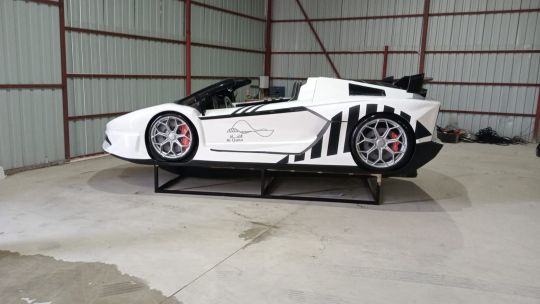
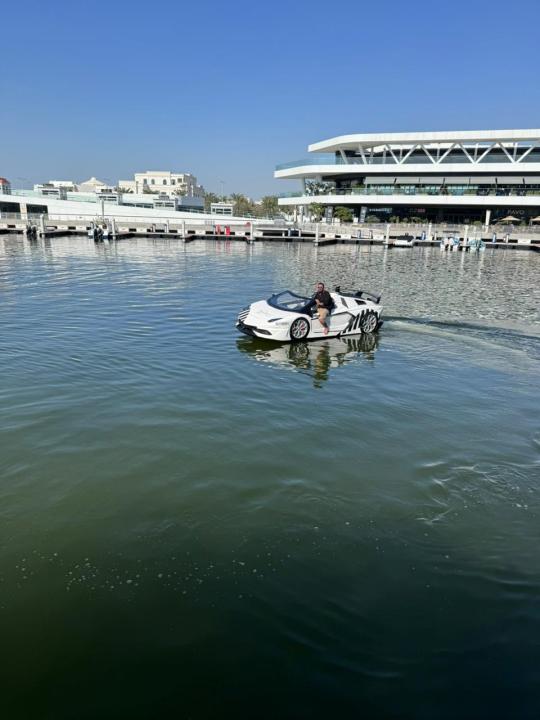

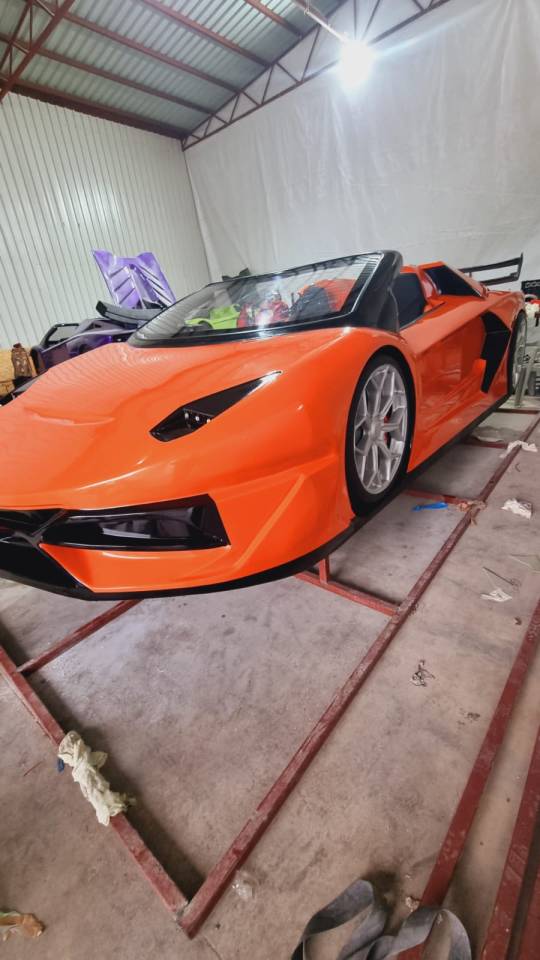
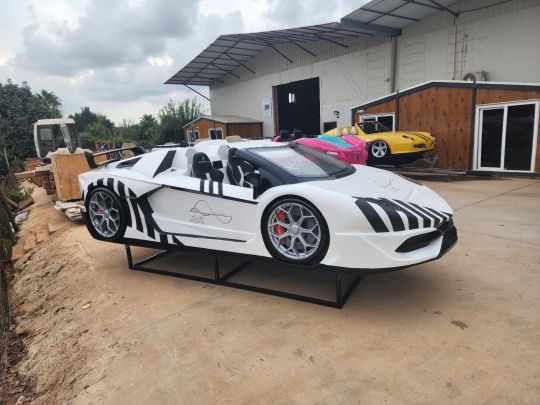
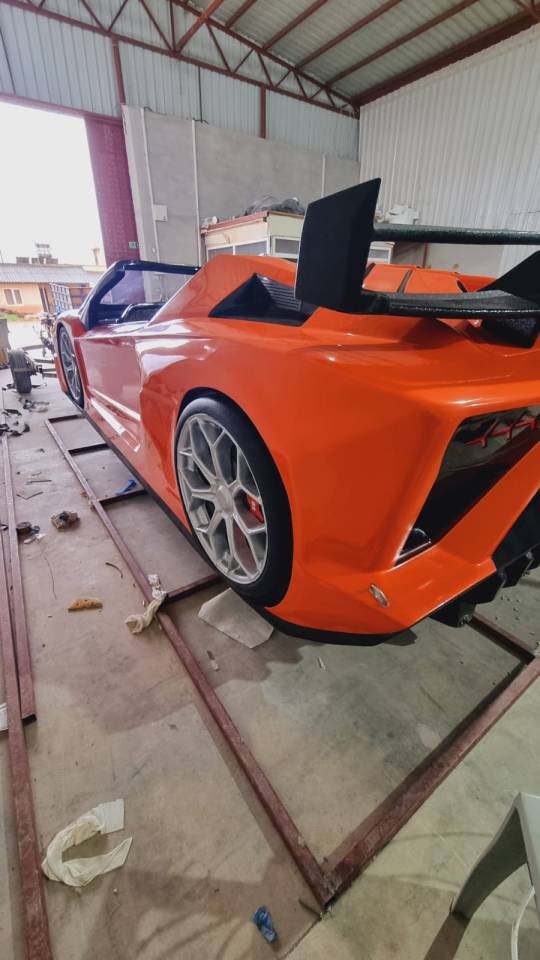

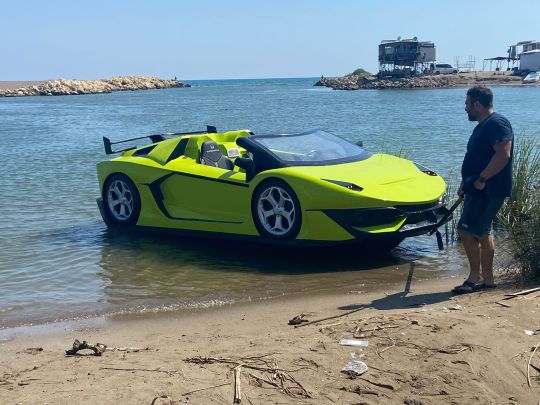
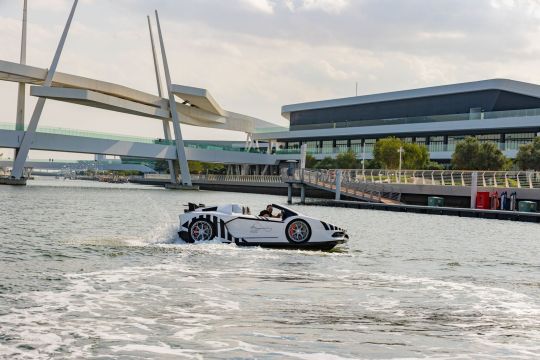

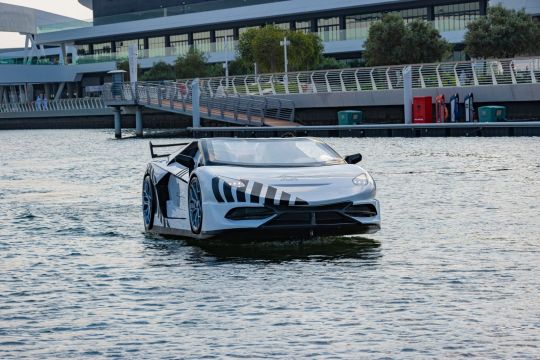
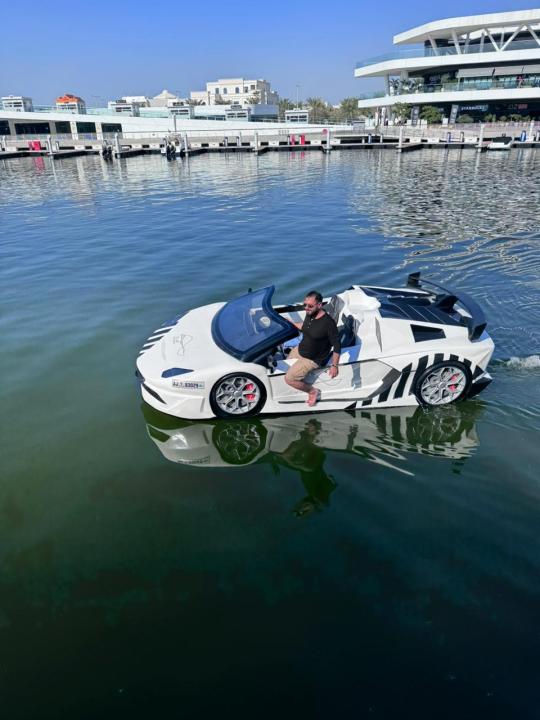
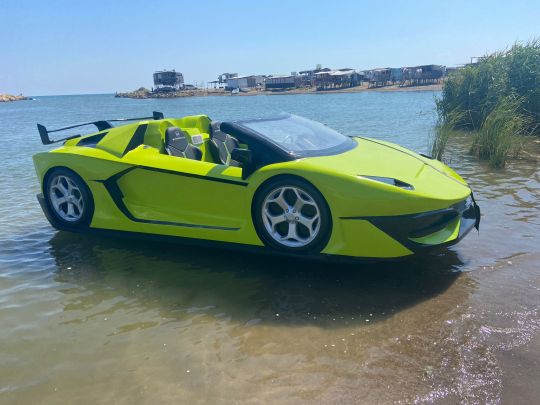
as Excellent Yachting Jetcar is to realize the goals we think about in the long term, to be able to implement what we want to do, these are to further develop the Jetcar Marine Vehicles that Excellent yachting produces, to design the best jetcar models so that our customers who buy jetcar water vehicles, that is, to have the best water experience, can produce and safely use the water.
The mission of Excellent Yachting Jetcar, a manufacturer of marine vehicles, includes the company’s goals, developing the marine vehicles it produces, designing jetcar models that will offer the best water experience to its customers and ensuring that these vehicles are used safely on the water. In addition, the mission of the Excellent Yachting Jetcar company also includes producing sustainable and environmentally friendly marine vehicles using innovative technologies and keeping customer satisfaction at the highest level. This mission, we know to focus on customer satisfaction for the continuity of the company’s leadership and reliability in the sector, and we continue our work without a moment’s break on product improvements, model design and production presentation in order to convince all excellent yachting company customers and our target audience, who may be our customers in the future, of product satisfaction. Dec.The issue of security is always the most important element for us.
The mission of the Excellent Yachting Jetcar company can be summarized as realizing its long-term goals, developing the Jetcar Marine Vehicles they produce, designing jetcar models that will offer the best water experience to its customers and ensuring their safe use on the water. While this mission focuses on improving the quality of the company’s products, it also aims to keep customer satisfaction and safety at the forefront.
#excellent jetcar#jetcar manufacturers#antalya jetcar prices#jetcar prices#turkey jetcar manufacturers#watercar turkey#turkey jetcar prices#watercar prices#watercar usa
0 notes
Text
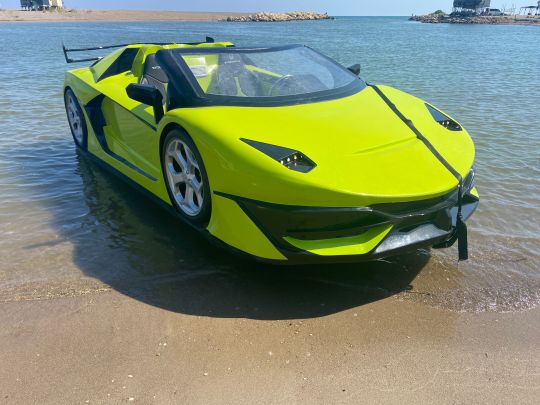


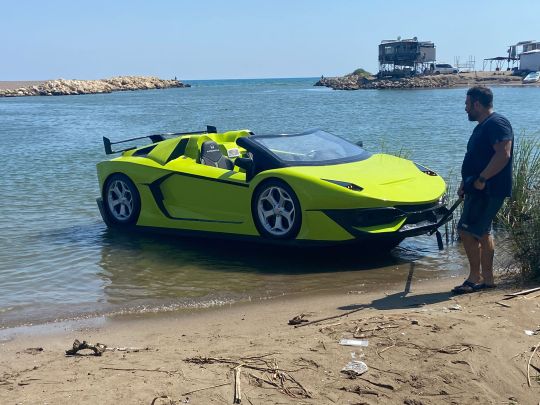

EXCELLENT YACHTİNG ANTALYA +491726354444
Excellent Yachting Antalya jetcar manufacturing water selling watersports vehicles +491726354444 #waterjetcar#water jetcar prices#jetcar turkey#jetcar manufacturers#turkey jc#jc turkey#turkeyjetcar #jetcar antalya#istanbul jetcar#ankara jetcar#antalyajetcar #england jetcar#sweden#romania jetcar#iran jetcar#azerbaijan jetcar#bakü jetcar#egypt jetcar#qatar jetcar#dubai jetcar#africa jetcar#jetcar#waterjetcar#water jetcar prices#jetcar turkey#jetcar manufacturers#turkey jc#
#jetcar#turkey jetcar#antalya jetcar#jetcar prices#watercar prices#jetcar manufacturers#usa jetcar#turkey jetcar sellers
0 notes
Text
Usa watercar jetcar speedboat fiberboat prices Turkey jetcar manufacturers Elegance Watersport Antalya Turkey
+90 533 14 75 100
Https://www.ist-kimya.com









1 note
·
View note
Text
Watercar Turkey #jetcar#jetcar turkey#0533 14 75 100 jetcar antalya#waterjetcar#turkey jc#jc turkey#jetcar prices#water jetcar prices#istanbul jetcar#izmir jetcar#ankara jetcar#jetcar manufacturers
Jetcar"Our vehicle gives you the feeling of driving a car at sea. It's a very different feeling. There are no limits to doing action either. Sea traffic is always possible when it is convenient, but it is not always possible on land, it is crowded and traffic is not convenient, and people can react to you when you drift,the sea offers the opportunity to use a very large area, and if you fall into the sea, you will have a soft fall and you will not be harmed.There is already no such situation in this vehicle, Jetcar is a very safe marine vehicle, you can enjoy your driving pleasure with comfort and confidence. There is no limit on jet car models, you can tell us the model you like in the car model you want, the jetcar can be produced specially for you in the colors you want.
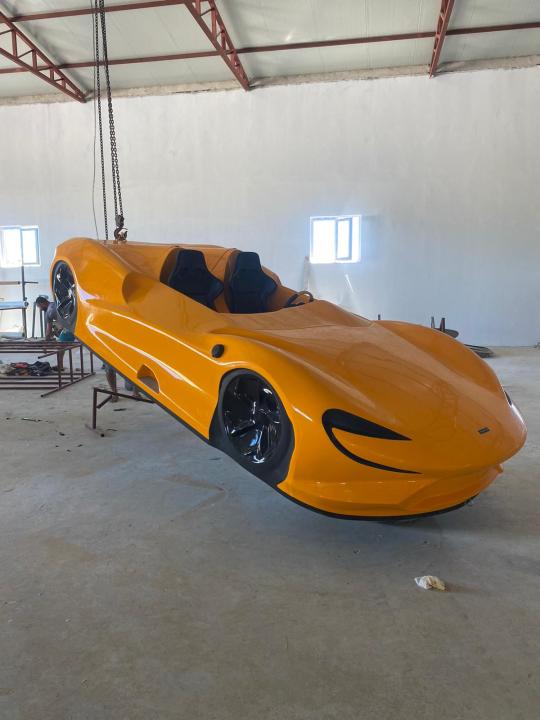

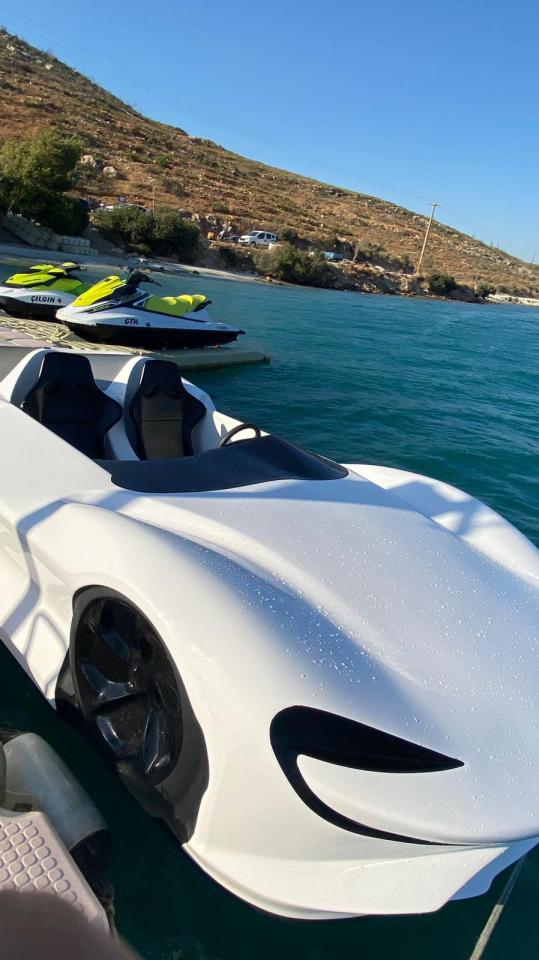
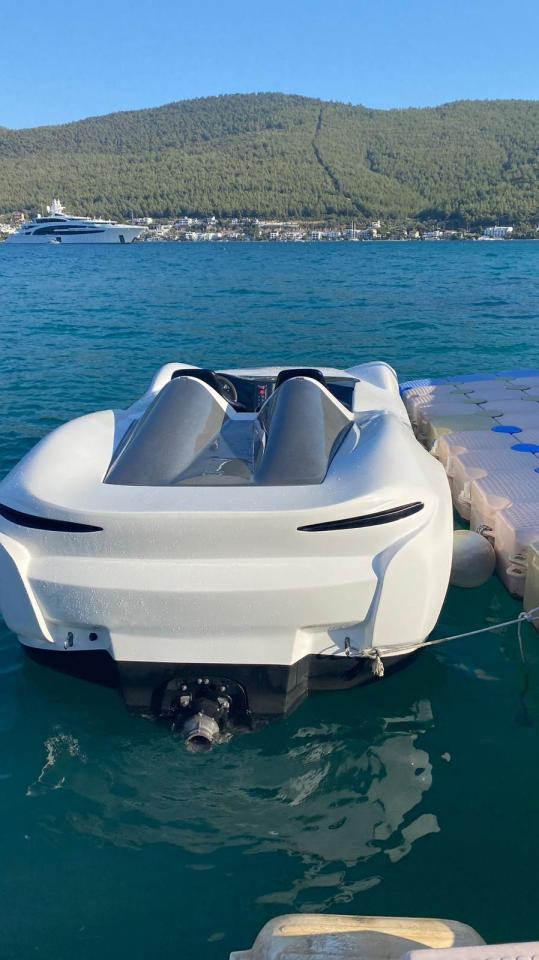


#jetcar#watercar manufacturers#watercar#watercar prices#watercar sellers#turkey watercar#jetcar seller#qatar watercar#dubai jetcar#usa jetcar#watercar usa#watercar canada#watercar spain#watercar italy#watercar japan#watercar norway#watercar england#watercar germany
2 notes
·
View notes
Text
Polfora Yatching Antalya Turkey +90 533 14 75 100
Turkey watercar jetcar Manufacturing Polfora Yatching Antalya
#antalya jetcar#turkey jetcar#jetboat#turkey jetcar prices#gürsel gürcan ordering#jetcar ordering gürsel gürcan#jetcar seller gürsel gürcan#turkish jetcar#jetcar turkish#water jet car#antalya water jetcar#water car prices#antalya jetcar prices#istanbul jetcar#istanbul jetcar seller#azerbaijan jetcar#qatar jetcar#dubai jetcar,#jetcar ordering gürsel gürcan#gürsel gürcan ordering#jetcar seller gürsel gürcan#jetcar bulding gürsel gürcan#turkey jetcar#jetboat#antalya jetcar#jetcar prices#antalya jetcar prices#turkey jetcar prices#turkish jetcar#jetcar turkish#antalya water jetcar#antalya jetcar üreticileri#ordering#antalya#jetcar water jetcar#dubai jetcar#qatar jetcar#azerbaijan jetcar#england jetcar#swiden jetcar#norway jetcar,#antalya jetcar prices#istanbul jetcar#istanbul jetcar seller#dubai jetcar#qatar jetcar#iran jetcar#azerbaijan jetcar#baku jetcar#turkey jetcar manufacturers#antalya jetcar manufacturers,#istanbul jetcar fiyatları#baku jetcar#azerbaijan jetcar#iran jetcar#romania jetcar#egypt jetcar#germany jetcar#france jetcar#england jetcar#norway jetcar#sweden jetcar,#jetcar seller gürsel gürcan#

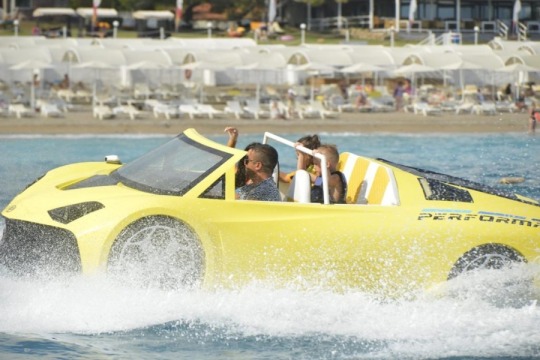



#watercar#jetcar#watercar taxi#jetcar taxi#television#turkey jetcar#watercar prices#polfora yatching#antalya polfora yatching#jetcar qatar#jetcar dubai#jetcar usa#jetcar asia#jetcar europe#jetcar omman#jetcar italy#jetcar germany#jetcar norway#jetcar england#jetcar japan#jetcar malta#jetcar egypt#jetcar albania#jetcar malaysia#jetcar france#jetcar romania#jetcar bulgaria#jetcar black sea
1 note
·
View note
Text
Hydrochloric Acid Market Demand, Rising Trends and Technology Advancements 2022 to 2028
The global “Hydrochloric Acid Market” report 2022 highlights all of the dynamic elements affecting key growth factors, as well as the most recent trends and developments in the global industry. It gives a complete understanding of key manufacturers’ business development plans, current industry condition, growth areas, and future scope. The Hydrochloric Acid market research seeks to give regional development, market driving factors, and sales revenue. With numerous research approaches such as SWOT and PESTLE analysis, it provides extensive research and analysis of key elements and emphasizes current market circumstances. In addition, the study contains valuable information on global players’ future plans and possibilities.
In accordance with the Hydrochloric Acid market is set to grow at a CAGR of 5.2% over a forecast period (2022-2028).
Get a Sample Copy of the report @
Key Market Players:
DowDuPont, Olin, Covestro, OxyChem, Westlake Chemical (Axiall), INOVYN, BASF, Shin-Etsu Chemical, UNID, Orica Watercare, Detrex Chemicals, Chemtrade Electrochem Inc, Solvay, ERCO Worldwide, Coogee Chemicals, Tessenderlo Group, AGC, Formosa Plastics, Toag
This section consists of a holistic view of the competitive landscape that includes various strategic developments such as key mergers & acquisitions, future capacities, partnerships, financial overviews, collaborations, new product developments, new product launches, and other developments
Most important types of Hydrochloric Acid Market covered in this report are:
Synthetic Hydrochloric Acid
By-product Hydrochloric Acid
Most widely used downstream fields of Hydrochloric Acid market covered in this report are:
Organic Chemical Raw Materials
Metal Cleaning and Treatment
Food and Dairy Industry
Water Treatment
Others
Geographically, the detailed analysis of consumption, revenue, market share, and growth rate of the following regions:
Global Hydrochloric Acid Market is further classified on the basis of region as follows:
– North America (USA, Canada, Mexico)
– Europe (Great Britain, France, Germany, Spain, Italy, Central and Eastern Europe, CIS)
– Asia Pacific (China, Japan, South Korea, ASEAN, India, rest of Asia Pacific)
– Latin America (Brazil, rest of LA)
– Middle East and Africa (Turkey, CCG, rest of the Middle East)
COVID-19 sickness began to spread all over the world at the beginning of 2021, infecting countless individuals in general, and important governments all over the world-imposed foot restrictions and work stoppage orders. Aside from the clinical supplies and life support items organizations, most endeavours have been significantly impacted, and Hydrochloric Acid adventures have been severely impacted.
Enquire before purchasing this report
Table of Contents Hydrochloric Acid Market:
Global Hydrochloric Acid Market Research Report 2022 – 2028
1 Hydrochloric Acid Introduction and Market Overview
2 Industry Chain Analysis
3 Global Hydrochloric Acid Market, by Type
4 Hydrochloric Acid Market, by Application
5 Global Hydrochloric Acid Consumption, Revenue (USD) by region
6 Global Hydrochloric Acid Production by Top Regions
7 Global Hydrochloric Acid by regions
8 Competitive Landscape
9 Global Hydrochloric Acid Market Analysis and Forecast by Type and Application
10 Hydrochloric Acid Market Supply and Demand Forecast by Region
11 New Project Feasibility Analysis
12 Expert Interview Record
13 Research Finding and Conclusion
14 Appendix
Continued……
The research answers the following key questions:
What will be the Hydrochloric Acid market size and the growth rate in the coming year?
What are the main key factors driving the global Hydrochloric Acid market?
What are the key market trends impacting the growth of the global Hydrochloric Acid market?
Which are Trending factors influencing the market shares of the top regions across the globe?
Who are the key market players and what are their strategies in the global Hydrochloric Acid market?
What are the market opportunities and threats faced by the vendors in the global Hydrochloric Acid market?
What industrial trends, drivers and challenges are manipulating its growth?
Who Will Get Advantage of This Report?
The prime aim of the Global Hydrochloric Acid Market is to provide industry investors, private equity companies, company leaders and stakeholders with complete information to help them make well-versed strategic decisions associated to the chances in the market throughout the world.
Thanks for reading this article; you can also get individual chapter wise section or region wise report version like North America, Middle East, Africa, Europe or LATAM, Asia.
Customization:
The Hydrochloric Acid Market report may be modified to meet your specific business needs. Because we understand what our clients want, we provide 25% customization for any of our Industry Data Analytics reports at no additional cost to all of our clients.
About Us –
IndustryDataAnalytics is your single point market research source for all industries including pharmaceutical, chemicals and materials, energy resources, automobile, IT, technology and media, food and beverages, and consumer goods, among others.
Contact Us:
Head of Sales: Hon Mr. Irfan Tamboli
+1 (704) 266-3234 | [email protected]
0 notes
Text
Global Water Purifiers Industry Depth Size, Trends, Competitive Market Size, Share, Development and Forecast Overview 2018-2023
Summary –A new Global Water Purifiers Industry Depth Research Report 2020-” has been featured on WiseGuyReports.
The report provides a comprehensive analysis of the Commercial Water Purifiers industry market by types, applications, players and regions. This report also displays the 2014-2025 production, Consumption, revenue, Gross margin, Cost, Gross, market share, CAGR, and Market influencing factors of the Commercial Water Purifiers industry in USA, EU, China, India, Japan and other regions
ALSOREAD:https://www.einpresswire.com/article/502027254/water-purifiers-market-2019-global-analysis-share-trend-key-players-opportunities-forecast-to-2025
Market Analysis by Players: This report includes following top vendors in terms of company basic information, product category, sales (volume), revenue (Million USD), price and gross margin (%).
3M Purification Inc.
Omnipure
Osmio Solutions Ltd.
OptiPure
Selecto
WaterCare Ltd.
Pentair Inc. (Everpure)
Canature
Brita GmbH
Best Water Technology
Fairey (Doulton)
Midea
Ozner
Litree
Qinyuan Group. Co., Ltd
Market Analysis by Regions: Each geographical region is analyzed as Sales, Market Share (%) by Types & Applications, Production, Consumption, Imports & Exports Analysis, and Consumption Forecast.
USA
Europe
Japan
China
India
Southeast Asia
South America
South Africa
Others
Market Analysis by Types: Each Type is studied as Sales and Market Share (%), Revenue (Million USD), Price, Gross Margin and more similar information.
Activated Carbon
UV Technology
Chemical Based
Reverse Osmosis
Others
Market Analysis by Applications: Each application is studied as Sales and Market Share (%), Revenue (Million USD), Price, Gross Margin and more similar information.
Restaurant
Hostel
Offices
Other Public Places
...FOR MORE DETAILS: https://www.wiseguyreports.com/reports/4268448-global-water-purifiers-industry-depth-research-report-and-forecast-to-2025
About Us:
Wise Guy Reports is part of the Wise Guy Research Consultants Pvt. Ltd. and offers premium progressive statistical surveying, market research reports, analysis & forecast data for industries and governments around the globe.
Contact Us:
NORAH TRENT
Ph: +162-825-80070 (US)
Ph: +44 203 500 2763 (UK)
0 notes
Text
Excellent Jetcar Excllent Yachting Turkey Antalya
Boat Prices: How to Score a Cheap Boat without Sacrificing Quality
When it comes to purchasing a boat, finding a cheap option without compromising on quality and performance can be a challenging task. However, with the right tips and strategies, you can score a great deal on a boat that meets your needs and budget. Here are some key considerations to keep in mind:
Researching Boat Prices: Before making a purchase, it's crucial to thoroughly research boat prices. This involves comparing prices from different sellers, both online and offline. Take into account factors such as the boat's make, model, age, and condition. By doing your homework, you can identify competitive prices and avoid overpaying for a vessel.
Buying Used Boats: One effective way to find affordable boats is by considering used options. Used boats are often priced lower than new ones, and with careful inspection and evaluation, you can find a pre-owned vessel that is still in excellent condition. Keep in mind that buying used requires extra attention to detail, so be prepared to thoroughly inspect the boat before making a decision.
When inspecting a used boat, pay close attention to the hull condition, engine performance, and overall maintenance history. Checking the hull condition involves looking for signs of damage, wear, and potential structural issues. Evaluating the engine performance includes testing the engine's starting, running, and idling capabilities. By thoroughly inspecting these aspects, you can make an informed decision and negotiate a fair price.
On the other hand, if you prefer a new boat, there are still ways to find affordable options. Setting a realistic budget is essential, considering not only the initial cost but also ongoing expenses such as maintenance, insurance, storage, and fuel. Exploring different financing options, such as loans or manufacturer financing programs, can also help make a new boat purchase more affordable.
By following these tips and strategies, you can navigate the boat market and find a cheap boat without sacrificing quality and performance. Whether you choose a used boat or opt for a new one, thorough research, careful inspection, and strategic negotiation will ensure you get the best value for your money.
Researching Boat Prices
Researching boat prices is an essential step in finding the best deals and ensuring that you don't overpay for a vessel. By taking the time to thoroughly research and compare prices, you can save yourself a significant amount of money while still getting a high-quality boat that meets your needs.
One effective way to research boat prices is by utilizing online resources. There are several websites and online marketplaces that provide comprehensive listings of boats for sale, allowing you to easily compare prices and specifications. These platforms often include filters and search options that can help you narrow down your options based on factors such as boat type, size, and location.
Another valuable resource for researching boat prices is attending boat shows and expos. These events bring together numerous boat dealers and manufacturers in one location, providing you with the opportunity to see a wide range of boats and speak directly with industry professionals. Boat shows often offer special pricing and promotions, making it an excellent place to find discounted boats.
In addition to online resources and boat shows, it's also worthwhile to reach out to local boat dealerships and brokers. These professionals have extensive knowledge of the market and can provide valuable insights and guidance. They can help you understand the current market trends, negotiate prices, and potentially find hidden gems that may not be listed online.
When researching boat prices, it's important to consider factors beyond just the initial cost. Take into account additional expenses such as maintenance, insurance, storage, and fuel costs. By considering the full cost of ownership, you can make a more informed decision and avoid any surprises down the line.
In summary, researching boat prices is a crucial step in finding a great deal without sacrificing quality. Utilize online resources, attend boat shows, and consult with local professionals to gather all the necessary information. By taking the time to research and compare prices, you can ensure that you make a well-informed decision and find the perfect boat for your needs and budget.
Buying Used Boats
Buying used boats can be a great way to score a high-quality vessel at a more affordable price. There are several advantages and considerations to keep in mind when purchasing a pre-owned boat. Let's explore the benefits and tips for inspecting and evaluating used boats.
Advantages of Buying Used Boats
Cost Savings: One of the primary advantages of buying a used boat is the potential cost savings. Used boats are generally priced lower than new ones, allowing you to get more value for your money.
Depreciation: Unlike new boats, which can experience significant depreciation in their first few years, used boats have already gone through this initial drop in value. This means that you may be able to resell the boat later without losing as much money.
Wide Selection: The used boat market offers a wide range of options, from different makes and models to various sizes and features. You have the opportunity to find a boat that suits your specific needs and preferences.
Tips for Inspecting and Evaluating Pre-Owned Vessels
When buying a used boat, it's crucial to thoroughly inspect and evaluate the vessel to ensure it is in good condition and meets your expectations. Here are some tips to consider:Inspect the Hull Condition:Check for any signs of damage, such as cracks, dents, or soft spots. Look for evidence of previous repairs and assess the overall structural integrity of the hull.Evaluate the Engine Performance:Test the engine's starting, running, and idling capabilities. Pay attention to any unusual noises, vibrations, or smoke. Consider hiring a professional mechanic for a thorough inspection.Review Maintenance History:Ask for documentation of the boat's maintenance history, including regular servicing and repairs. A well-maintained boat is more likely to provide reliable performance.Consider a Sea Trial:If possible, take the boat for a sea trial to assess its handling, maneuverability, and overall performance on the water.
By following these tips and conducting a thorough inspection, you can make an informed decision when buying a used boat. Remember to consider your budget, preferences, and intended use of the boat to ensure a satisfying purchase.
Inspecting Used Boats
When inspecting a used boat, there are key factors that you should pay close attention to. These factors will help you determine the condition of the boat and whether it is worth your investment. Here are the main areas you should focus on:
Hull Condition: The hull is the foundation of the boat, so it's crucial to assess its condition. Look for any signs of damage, such as cracks, dents, or repairs. Check for any wear and tear, as well as potential structural issues.
Engine Performance: The engine is the heart of the boat, so you need to ensure it is in good working order. Test the engine's starting, running, and idling capabilities. Listen for any unusual noises or vibrations that could indicate underlying problems.
Overall Maintenance History: It's important to gather information about the boat's maintenance history. Ask the seller for records of regular maintenance and any repairs that have been done. A well-maintained boat is more likely to be reliable and have fewer issues in the future.
By thoroughly inspecting these areas, you can get a better understanding of the condition of the used boat. This will help you make an informed decision and avoid any potential costly surprises down the line.
Checking Hull Condition
When buying a used boat, one of the most crucial aspects to assess is the hull condition. The hull is the main structure of the boat, and any damage or structural issues can significantly impact its performance and safety. Here are some important steps to follow when checking the hull condition:
Inspect for signs of damage: Carefully examine the hull for any visible signs of damage, such as cracks, dents, or punctures. These can indicate previous accidents or collisions that may have weakened the hull's integrity.
Check for wear and tear: Look for any areas where the hull shows excessive wear, such as worn-out paint, scratches, or corrosion. These signs can suggest poor maintenance or neglect, which may lead to further problems down the line.
Assess structural integrity: Pay attention to the overall structure of the hull. Look for any signs of deformation or misalignment, as these can indicate potential structural issues. A warped or uneven hull may compromise the boat's stability and durability.
It's essential to remember that a thorough inspection of the hull condition is not only about aesthetics but also about the boat's performance and safety. If you are unsure about assessing the hull yourself, consider hiring a professional marine surveyor who can provide a detailed evaluation of the boat's condition.
Evaluating Engine Performance
Evaluating the engine performance of a used boat is crucial to ensure that you are making a wise investment. By testing the engine's starting, running, and idling capabilities, you can gain valuable insights into its overall condition and performance. Here are some tips to help you evaluate the engine performance:
Starting: When starting the engine, pay attention to how easily it starts up. A well-maintained engine should start smoothly and without any hesitation. If you notice any difficulty or unusual noises during startup, it could be a sign of underlying issues.
Running: Take the boat out for a test drive to assess how the engine performs while running. Observe its responsiveness and power delivery. Does it accelerate smoothly? Does it reach the desired speed without any struggles? Keep an ear out for any abnormal sounds, such as knocking or sputtering, which could indicate mechanical problems.
Idling: While the boat is stationary, let the engine idle for a while. A healthy engine should maintain a steady and consistent idle speed. If you notice any fluctuations or rough idling, it could be a sign of issues with the fuel system or other components.
During the evaluation process, it's also important to check the engine's maintenance history. Ask the seller for records of regular maintenance and any repairs that have been done. This will give you an idea of how well the engine has been taken care of and if any major issues have been addressed.
Additionally, consider seeking the assistance of a professional marine mechanic. They have the expertise to thoroughly inspect the engine and provide a detailed assessment of its condition. Their evaluation can help you make an informed decision and potentially uncover any hidden problems that may not be apparent during your own evaluation.
Remember, the engine is the heart of the boat, and its performance is essential for a smooth and enjoyable boating experience. By following these tips and thoroughly evaluating the engine's starting, running, and idling capabilities, you can ensure that you are purchasing a used boat with a reliable and well-performing engine.
Negotiating Price
Negotiating Price
When it comes to buying a used boat, negotiating the price is a crucial step in ensuring you get the best deal possible. By employing effective strategies, you can lower the price without compromising on quality. Here are some tips to help you negotiate the price of a used boat:
Understand Market Value: Before entering into negotiations, it's important to research and understand the market value of the specific boat you're interested in. This will give you a baseline to work with and help you determine a fair price.
Identify Potential Bargaining Points: Take note of any flaws or issues you discover during the inspection process. These can serve as potential bargaining points to negotiate a lower price. For example, if the boat requires significant repairs or has outdated equipment, you can use these factors to your advantage.
Leverage Inspection Findings: Use the findings from your thorough inspection to negotiate a better price. If you uncover any hidden issues or maintenance concerns, bring them to the seller's attention and explain how these affect the value of the boat. This can help you negotiate a lower price or request that necessary repairs be made before finalizing the deal.
Remember, negotiation is a give-and-take process. Be prepared to make reasonable offers and be open to compromise. By understanding market value, identifying bargaining points, and leveraging inspection findings, you can negotiate a price that reflects the true value of the used boat.
Considerations for New Boats
When it comes to buying a new boat, there are several important factors to consider. One of the first considerations is budgeting. It's crucial to set a realistic budget that takes into account not only the initial cost of the boat but also the ongoing expenses. This includes maintenance, insurance, storage, and fuel expenses. By carefully budgeting, you can ensure that you can afford the boat and all associated costs without stretching yourself too thin.
Another consideration is financing options. There are various financing options available for purchasing a new boat. These can include loans from banks or other financial institutions, leasing options, or even manufacturer financing programs. It's important to explore these options and determine which one best suits your financial situation and needs. By understanding the financing options available, you can make an informed decision and choose the one that offers the most favorable terms and conditions.
Lastly, it's essential to understand the true cost of ownership. Buying a new boat involves more than just the purchase price. There are ongoing expenses to consider, such as regular maintenance and repairs, insurance premiums, storage fees, and fuel costs. These additional expenses can add up over time and significantly impact the overall cost of owning a boat. By understanding the true cost of ownership, you can make an informed decision and ensure that you are financially prepared for all aspects of boat ownership.
Setting a Budget
When it comes to purchasing a new boat, it's crucial to set a realistic budget that considers not only the initial cost but also the ongoing expenses. By doing so, you can ensure that you make a well-informed decision and avoid any financial surprises down the line.
To begin, take some time to research the prices of different types of boats that fit your needs and preferences. Consider factors such as the size, brand, and features you desire. This will give you a better understanding of the price range you can expect for the boat you want.
Next, think about the ongoing expenses associated with owning a boat. These can include maintenance costs, insurance premiums, storage fees, and fuel expenses. It's important to factor in these expenses when setting your budget to avoid any financial strain in the future.
Creating a budget spreadsheet can be helpful in organizing your finances and determining what you can comfortably afford. List all the potential costs associated with boat ownership and compare them to your income and other financial obligations. This will give you a clear picture of how much you can allocate towards your boat purchase.
Additionally, consider if you will need financing to purchase your boat. Research different financing options such as loans, leasing, or manufacturer financing programs. Each option has its own benefits and considerations, so make sure to evaluate them carefully and choose the one that best suits your financial situation.
By setting a realistic budget that takes into account both the initial cost and ongoing expenses, you can confidently navigate the boat-buying process and ensure that you find the perfect vessel without breaking the bank.
Financing Options
When it comes to purchasing a new boat, exploring different financing options can help make your dream of owning a boat a reality. There are several options available, including loans, leasing, and manufacturer financing programs.
1. Loans: One of the most common ways to finance a new boat is through a loan. Banks and credit unions offer boat loans with competitive interest rates and flexible repayment terms. Before applying for a loan, it's important to determine your budget and the amount you can comfortably afford to borrow. Compare loan options from different lenders to find the best rates and terms that suit your financial situation.
2. Leasing: Leasing a boat is another financing option to consider. With a lease, you essentially rent the boat for a specified period, typically a few years. Leasing can be a good option if you prefer to have a new boat every few years or if you're unsure about committing to long-term ownership. Keep in mind that leasing may come with certain restrictions and additional fees, so it's important to carefully review the terms and conditions before signing a lease agreement.
3. Manufacturer Financing Programs: Many boat manufacturers offer their own financing programs to make purchasing their boats more accessible. These programs often come with competitive rates and special incentives, such as extended warranties or discounted financing rates. It's worth exploring manufacturer financing options to see if they align with your financial goals and preferences.
Before making a decision, take the time to thoroughly research and compare different financing options. Consider factors such as interest rates, repayment terms, down payment requirements, and any additional fees or charges. It's also a good idea to consult with a financial advisor or boat dealer who can provide guidance and help you make an informed decision.
True Cost of Ownership
When purchasing a new boat, it's important to consider the true cost of ownership. While the initial price tag may be the first thing that comes to mind, there are several additional expenses that should not be overlooked. Understanding these costs will help you make an informed decision and avoid any financial surprises down the line.
Maintenance:
One of the major ongoing expenses of owning a boat is maintenance. Regular maintenance is crucial to keep your vessel in good condition and ensure its longevity. This includes routine tasks such as cleaning, painting, and servicing the engine. It's important to budget for these expenses and factor them into your overall cost of ownership.
Insurance:
Another important cost to consider is insurance. Boat insurance provides coverage for potential damages, accidents, and liability. The cost of insurance will vary depending on factors such as the value of the boat, its usage, and your boating experience. It's essential to obtain comprehensive insurance coverage to protect your investment.
Storage:
Unless you plan to keep your boat in the water year-round, you'll need to consider storage costs. This can include fees for marina or boatyard storage, as well as winter storage if you live in a colder climate. It's important to research storage options in your area and budget accordingly.
Fuel Expenses:
Operating a boat requires fuel, and the cost of fuel can add up over time. The amount of fuel your boat consumes will depend on factors such as its size, engine type, and how often you use it. It's important to estimate your fuel consumption and factor it into your budget to ensure you can afford the ongoing fuel expenses.
Additional Costs:
There may be other miscellaneous costs associated with owning a boat, such as registration fees, licensing, and any necessary equipment or accessories. It's important to consider these additional costs and budget for them accordingly.
By understanding the true cost of ownership, including maintenance, insurance, storage, and fuel expenses, you can make a more informed decision when purchasing a new boat. Taking these factors into account will help you create a realistic budget and ensure that you can enjoy your boat without any financial surprises.
Frequently Asked Questions
Q: How can I find affordable boats without sacrificing quality?
Q: What should I consider when buying a used boat?
Q: How do I inspect the hull condition of a used boat?
Q: What should I consider when evaluating engine performance?
Q: How can I negotiate the price of a used boat?
Q: What factors should I consider when buying a new boat?
Q: What are the different financing options for purchasing a new boat?
Q: What are the additional costs associated with owning a new boat?

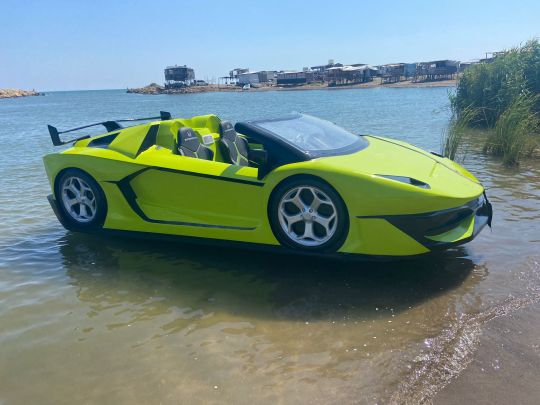
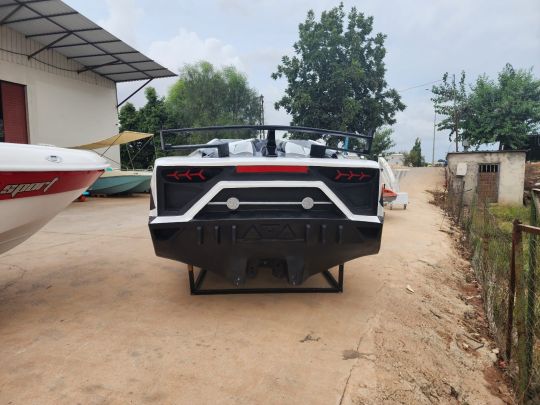

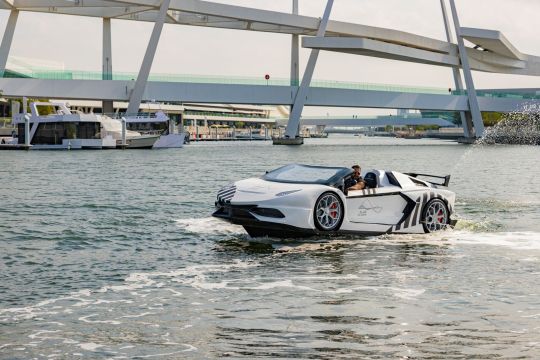
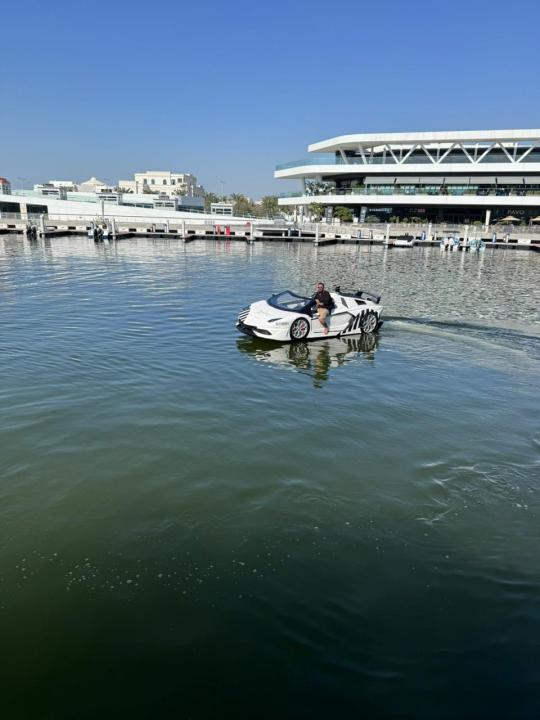
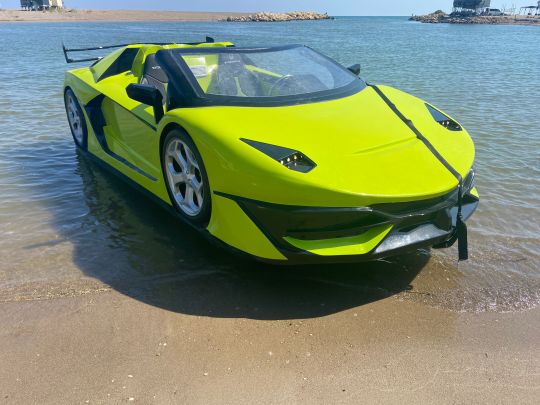
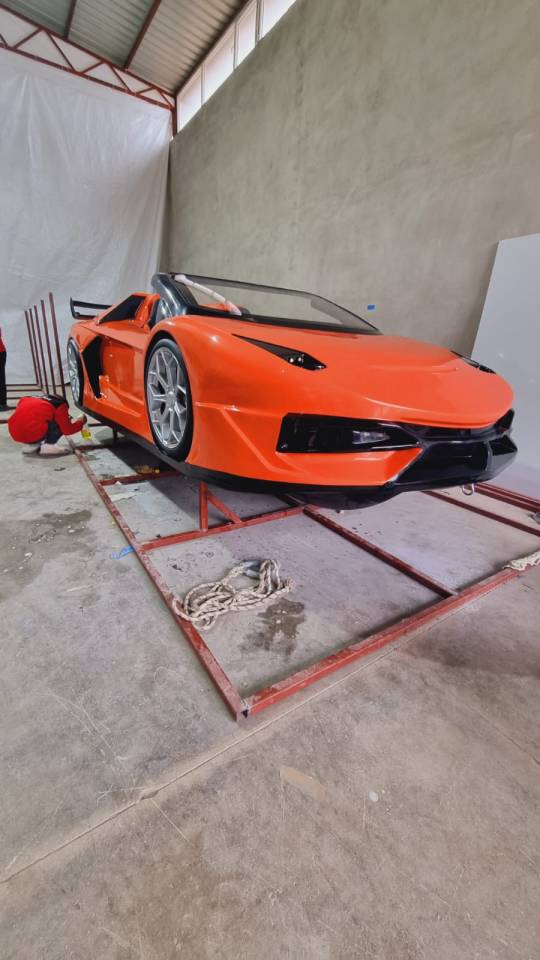
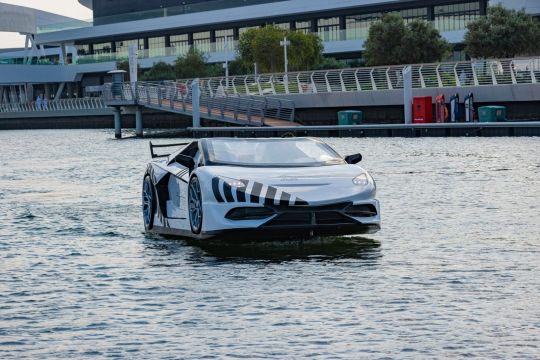

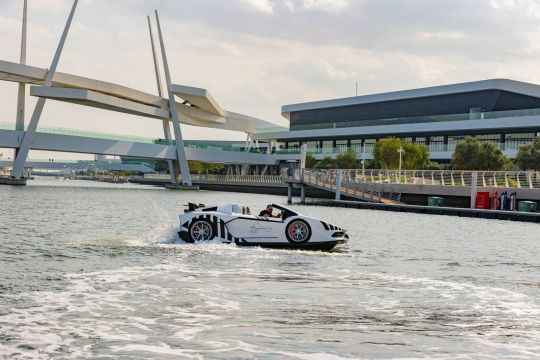
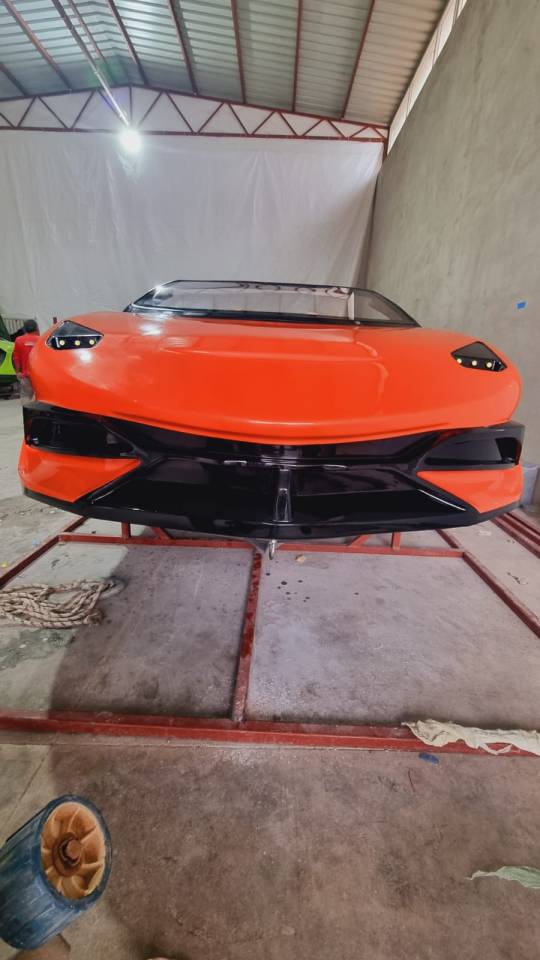
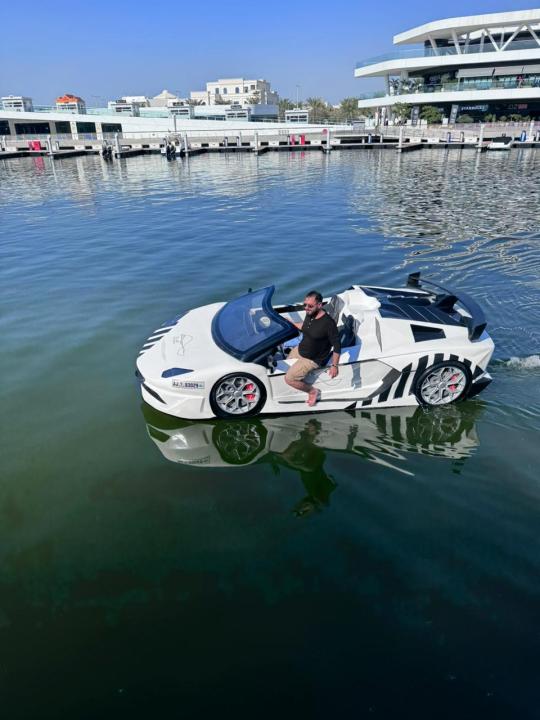
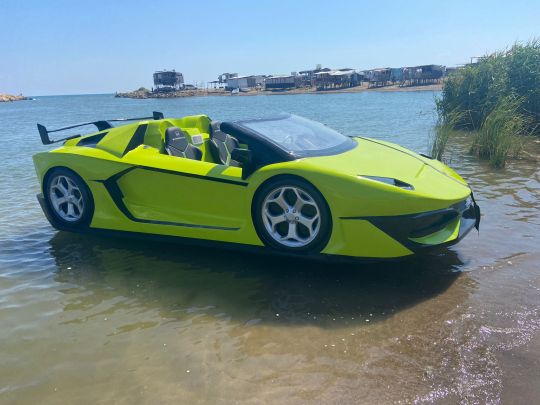

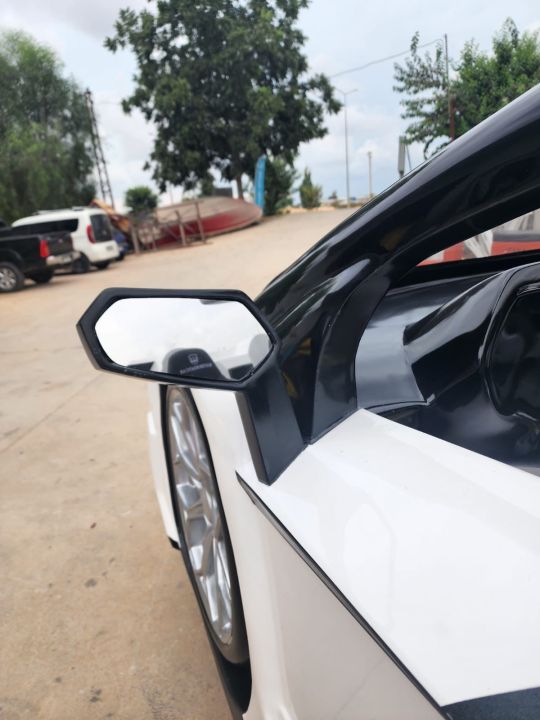
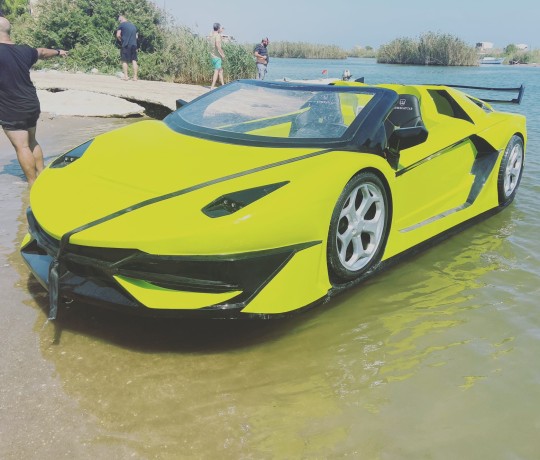
#excellent jetcar#jetcar turkey#jetcar usa#usa jetcar prices#turkey jetcar manufacturers#turkey jetcar prices#watercar usa#watercar prices#watercar turkey
0 notes
Text
Antalya Turkey Excellent Yachting Jetcar Models Jetcar Prices Usa Jetcar Usa Watercar Jetcar Manufacturing
EXCELLENT YACHTİNG ANTALYA +491726354444
Excellent Yachting Antalya jetcar manufacturing water selling watersports vehicles +491726354444 #waterjetcar#water jetcar prices#jetcar turkey#jetcar manufacturers#turkey jc#jc turkey#turkeyjetcar #jetcar antalya#istanbul jetcar#ankara jetcar#antalyajetcar #england jetcar#sweden#romania jetcar#iran jetcar#azerbaijan jetcar#bakü jetcar#egypt jetcar#qatar jetcar#dubai jetcar#africa jetcar#jetcar#waterjetcar#water jetcar prices#jetcar turkey#jetcar manufacturers#turkey jc#
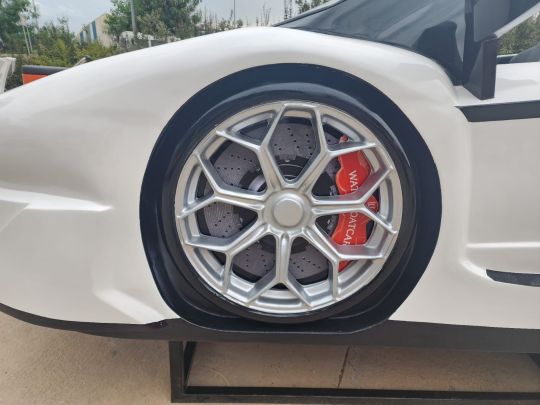
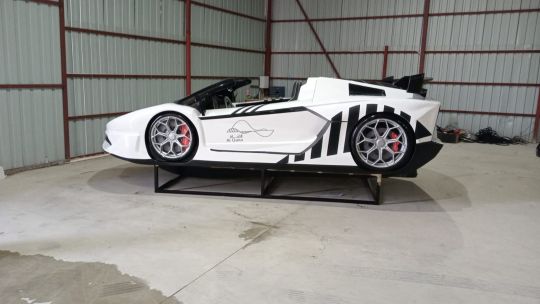

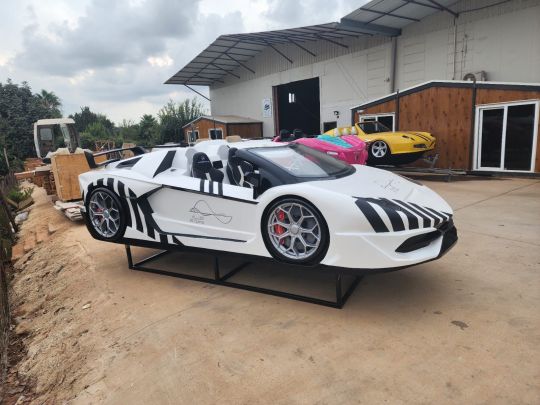
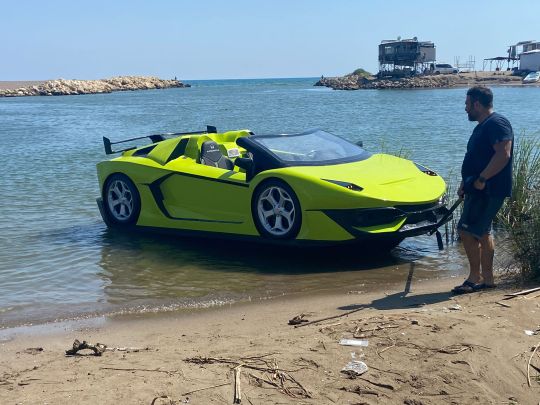
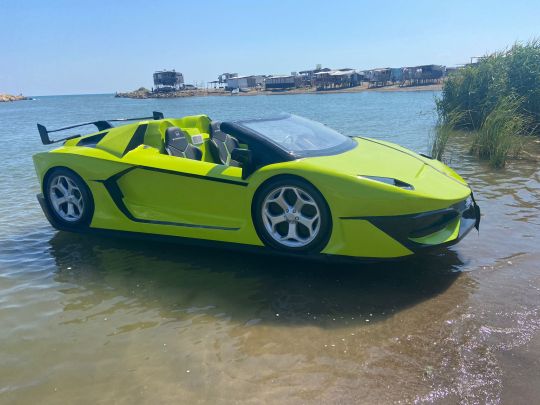
#excellent yachting#turkey watercar#antalya yachting#watercar prices#antalya jetcar prices#antalya jetcar#jetcar antalya
0 notes